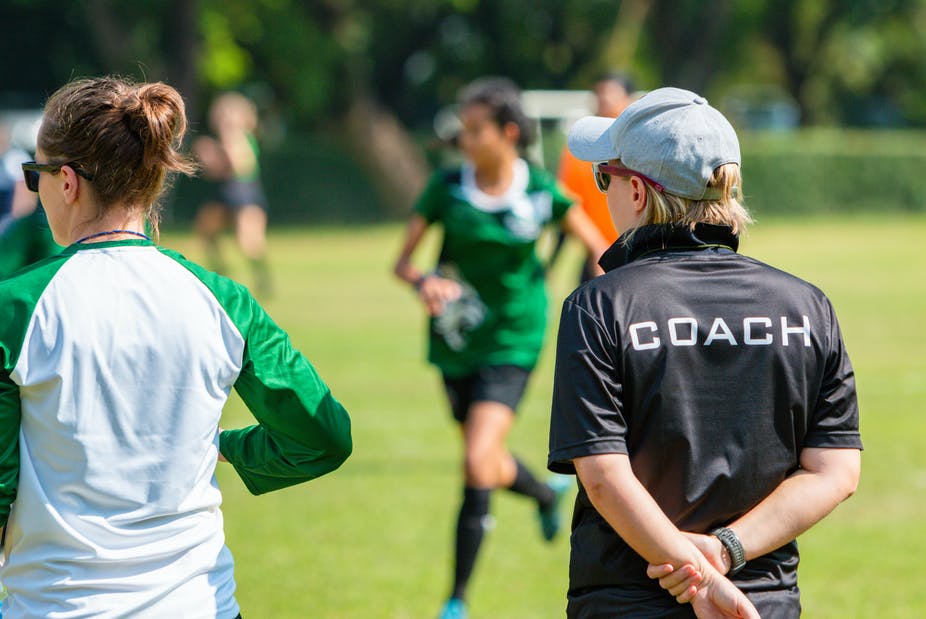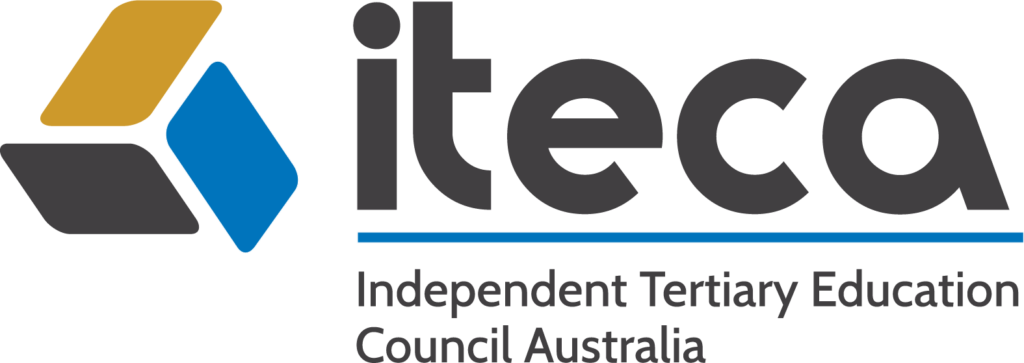Women in Coaching Roles
Within Australian sport research, there is a lack of information about women in elite coaching roles. The sports industry lacks female coaches, and this under-representation highlights the need for discussion and further studies.
In the Australian team of accredited coaches at the 2016 Rio Olympic Games, only 9% of these were women. The 2020 Tokyo Olympic Games only saw a slight increase in these numbers with 13%. Evidently, a significant lack of female representation in high level coaching positions still exists.
Gender Roles
The historical gender roles in society contribute to the lack of female coaches in recent decades. It is thought that fewer women have the opportunity to work with elite coaching teams because of their stereotypical “household” role that limits them from travelling away with sporting teams or working out of office hours. Women are often given lower-level coaching roles which financially build the foundations of sporting clubs to develop elite athletes. Women coaches lack opportunities to train top-tier athletes and are not chosen for major events
Another influencing factor on female coaching involvement is the history of male dominance in sport. For as long as structured sport has been running, male athletes have had higher participation rates and salaries. However, as women’s sport has expanded over recent years, coaching roles for women have not developed in the same way.

Representation of Female Coaches in Current Statistics
Female coaching in athletics remained under 2% for the past three decades, but this is the highest recorded number. The number of directors is represented by a male to female ratio of 5:1, where Ascota (2006) noted that when a female director was introduced into a division of school sports female coaches went up 20%. Within female coaching positions, 56.7% of women are in an assistant coaching job and although this is a higher number, there are considerably less women in the head coach role.
Coaching Styles
Male and female coaches have varying skill sets and qualities that they offer to athletes, and neither is more beneficial than the other. A study in the Journal of Sport Behaviour found that athletes respond similarly to male and female coaching styles, so there is no reason for there to be disparity in the number of male vs female coaches. Research about what athletes most value in a coach demonstrates four common attributes:
- Remaining calm
- Care and encouragement
- Knowledge about the sport
- Involving the team in decision making
Male Dominance in Sport
External Barriers
There are a variety of external and internal factors/barriers that create a male dominant industry.
Some of the external factors include:
- Unequal assumption of competence: There is a stigma around male and female coaching, where male coaches are supposedly more competent, while female coaches have to ‘prove themselves’ as capable.
- Hiring from a principle of similarity: Homologous reproduction is the idea where people in power will hire similar people. This is evident when looking at the number of female directors in sport compared to the female coaches.
- Lack of female mentors: A mentor is someone who provides guidance and facilitates networking to their mentee. The lack of women in powerful positions means there is also a lack of female mentors to help other women in their careers, and getting into coaching roles.
Internal Barriers
There are also internal barriers of female coaches preventing them from accomplishing at higher levels.
Some of the internal barriers include:
- Lack of assertiveness: Women often feel the need to be liked as highly important. This, can interfere with their ability to negotiate rules and manage conflict in a tea. Something that can reduce the conditions they work under.
- Inhibition in promotion of accomplishments: Women are more likely to associate success as a team work rather than something individual. That’s why when given praise they will deflect it. As well as the belief that success is not praise but rather results which should speak for themselves.
- High stress of balancing work and life: Coaching can often require long hours including training, games and traveling to different places. Many stated that to balance work and family time became difficult especially for women during childbearing years. this has resulted in many females remaining in assistant positions and not aiming for high roles to help stay at home. A study by Mercier (2000) showed that traditional working is a mal job and looking after family is a female job, this opinion is often something that affects the outlook women have.
Barriers, externally and internally, impact women in sporting roles, strategies and solutions need to be implemented to address these barriers to increase the presence of women in sport.
There is a long history of stigma and misrepresentation of females in the sport/fitness industry which limits the opportunities for women to take on high-level coaching roles.
Large corporate institutions need to make changes to promote female coaches in sports. This will help to establish women as valuable figures in sport coaching.
Study with Fit Education and the Women Sports Academy
The Female Coaching Short Course will expand your knowledge on female sport involvement. Showing how women can advance in leadership and coaching positions to get the most out of their athletes. In the sport industry currently, there are substantially more male coaches than female coaches across all levels of sport.
Empowering the upcoming female coaches/athletes and providing them with the tools to succeed in the industry will help to increase the number of females in coaching positions.
Visit also the Women’s Sport Academy. The Academy exists to help close the gender gap in sports. Their goal is empowering all Australian women to participate in exercise and access the career pathways offered by sport.
They offer a range of programs providing education, mentoring, support and training. Aiming to help women reach their full potential in and out of the gym.
Katrina Robertson, a world powerlifting champion and psychologist, founded the Women’s Sports Academy.
